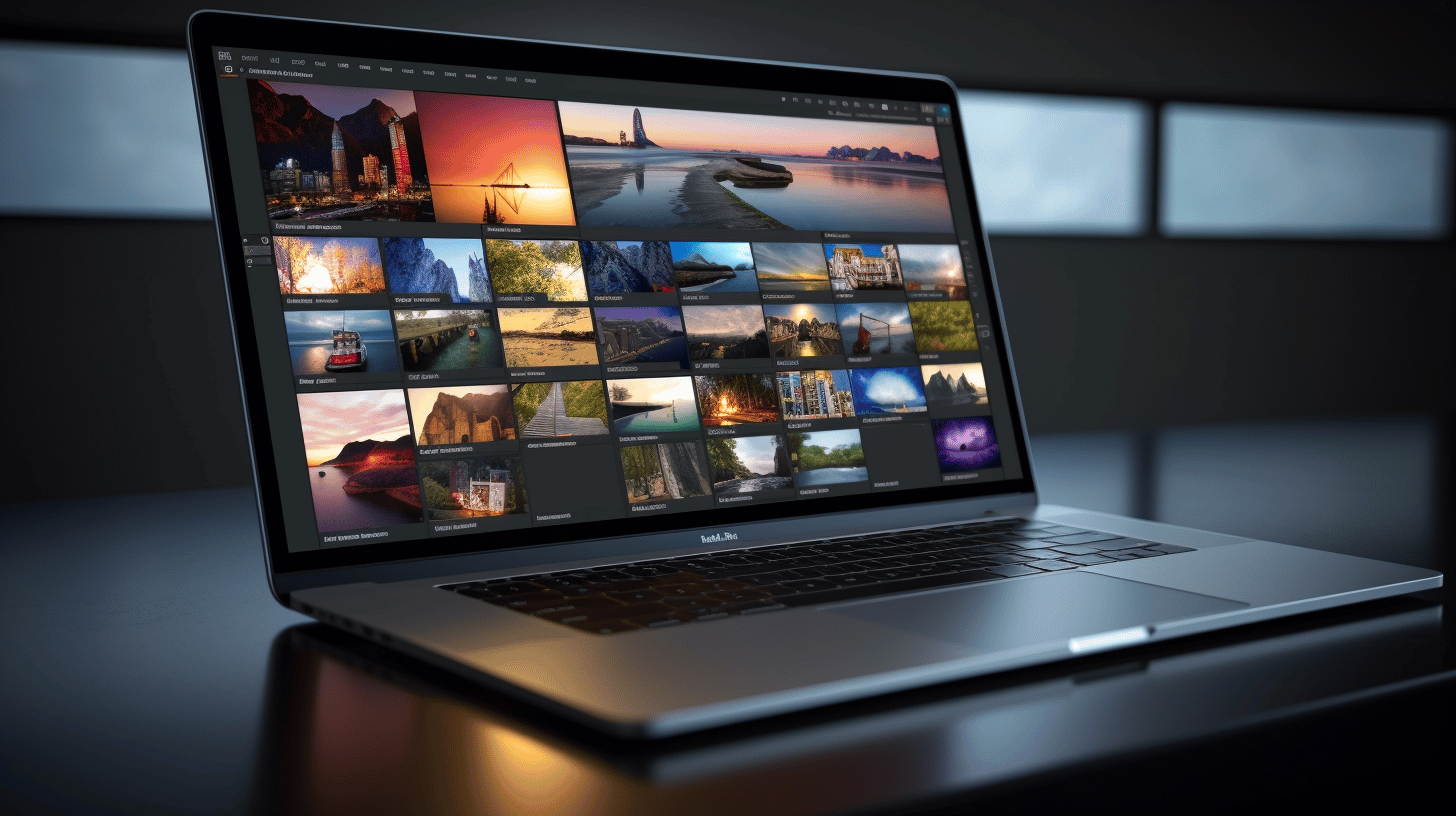Photography has come a long way since its inception. With advancements in technology, the art of capturing moments has evolved significantly, allowing photographers to experiment with various techniques and styles. One such groundbreaking development is the integration of Artificial Intelligence (AI) with photography. AI has not only transformed the way we take pictures but also the way we edit and process them, paving the way for a new era in the art of photography.
In this article, we will delve into how artificial intelligence is revolutionizing the world of photography. We will explore the different ways AI is being used, from advanced camera features to image editing tools, and discuss the future implications of AI in photography.
Table of Contents
- The Role of AI in Photography
- AI-Driven Camera Features
- AI in Photography Editing Software
- AI-powered Photo Assistants
- Ethical Concerns and Future Implications of AI in Photography
The Role of AI in Photography
AI has been making inroads in various fields, and photography is no exception. As a result, the quality of the pictures we capture has improved tremendously. AI helps in different aspects of photography, from analyzing the subject and adjusting the camera settings to enhancing the images during post-processing. The following sections discuss various ways AI is changing the world of photography.
AI-Driven Camera Features
Artificial intelligence has been integrated into cameras, making them capable of producing stunning images with little effort. Some of the AI-driven features incorporated into modern cameras are:
Scene Recognition
AI-powered scene recognition allows the camera to identify and analyze the subject in real-time. By understanding the nature of the scene, the camera intelligently adjusts the settings, resulting in an optimized image. This automation simplifies the photography process, making it more accessible to beginners.
Portrait Mode
By recognizing subjects or faces, AI can create a beautiful depth-of-field effect or bokeh in portrait mode. This feature ensures that the focus is on the subject while blurring the background, making the subject stand out in the image.
Low-Light Photography
Night or low-light photography can be challenging, as insufficient lighting often leads to grainy and underexposed photos. Artificial intelligence plays a significant role in enhancing low-light photography by intelligently brightening images without creating excessive noise.
AI-Powered Autofocus
AI-driven autofocus systems have made it easier to capture sharp and well-focused images, regardless of the subject’s movements. With the help of AI, cameras can identify the subject, predict their motion, and maintain the focus throughout the shot, resulting in consistently sharp images.
AI in Photography Editing Software
Photographers often rely on editing tools to enhance and retouch their images. The inclusion of AI in editing software has made the process faster and more efficient. Some notable AI-driven features in photo editing software include:
Content-Aware Fill
Content-aware fill is an AI-powered tool that can automatically analyze an image and intelligently fill the missing areas with appropriate pixels. This feature is incredibly helpful in removing unwanted objects from a photo or filling gaps in a panorama.
AI Style Transfer
By employing AI algorithms, photography editing software can recreate the styles of famous artists in your images. This feature allows you to apply the visual characteristics of a reference image to your own photo, resulting in a distinctive piece of art.
Optimized Cropping
AI can suggest optimal cropping for images by analyzing their composition and content. It can identify the focal points and evaluate the image’s balance, enabling the software to suggest the best crop for a visually appealing result.
AI-powered Photo Assistants
Virtual photo assistants, powered by AI, can help photographers manage their photo libraries and facilitate image search. These assistants can recognize images based on various parameters, such as faces, objects, and locations, making it easier to sort, organize, and locate specific photos within large collections.
Ethical Concerns and Future Implications of AI in Photography
While AI has undoubtedly revolutionized photography, it’s essential to address the ethical concerns associated with its use. Issues such as image manipulation, privacy invasion, and potential job displacement deserve careful consideration when discussing the future of AI in photography.
As AI continues to advance, we can expect more sophisticated features and tools, blurring the lines between photography and other visual arts. This technology has the potential to democratize the world of photography, as it becomes more accessible and user-friendly. However, striking a balance between automation and creative human input will be crucial as the integration of artificial intelligence in photography expands.
In conclusion, artificial intelligence has transformed the world of photography, providing innovative ways to capture and process images that were once thought impossible. As AI developments continue to emerge, photographers will have more powerful tools at their disposal, allowing them to express their creativity in previously unimaginable ways.

0 Comments